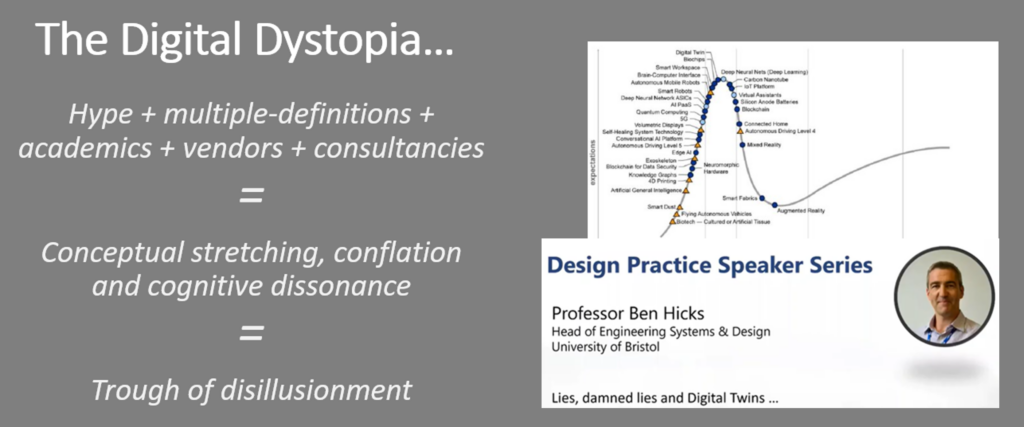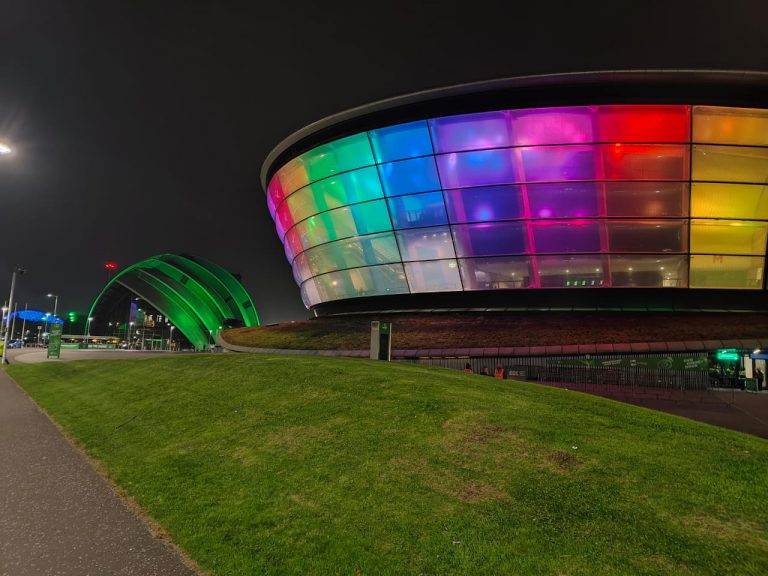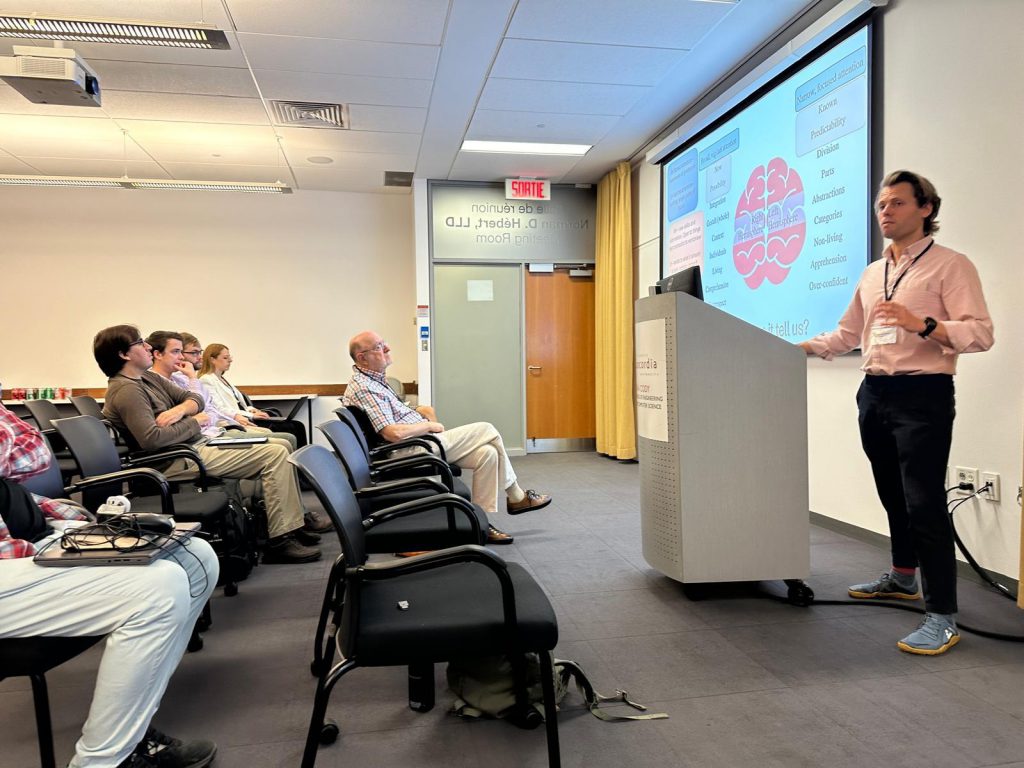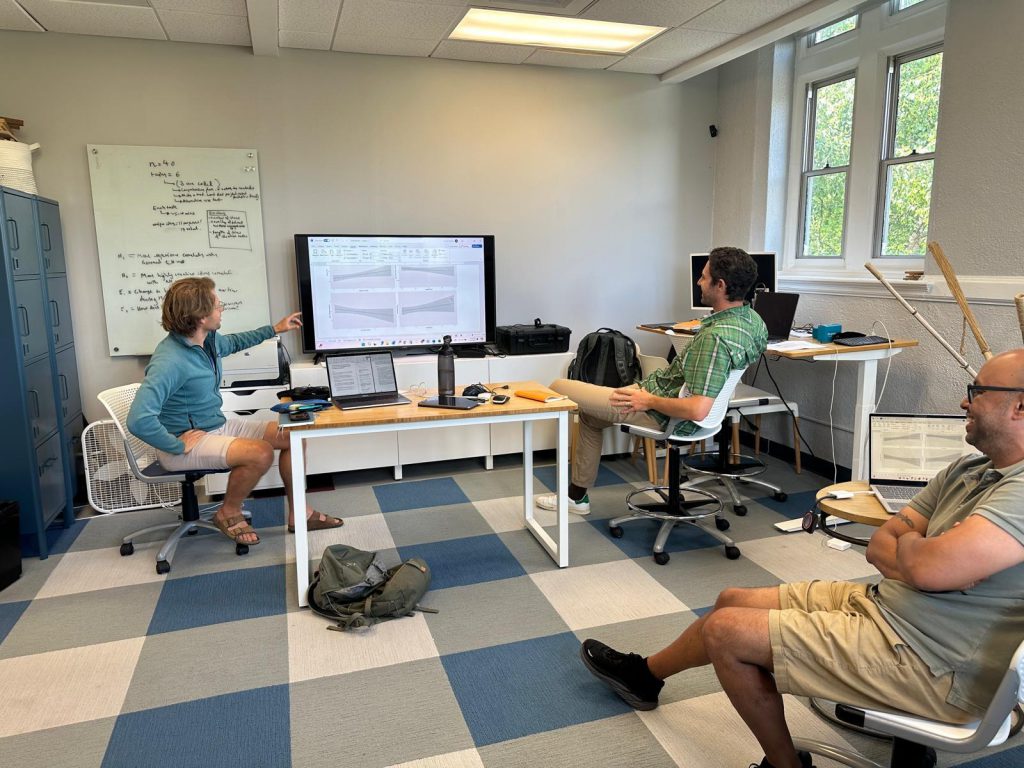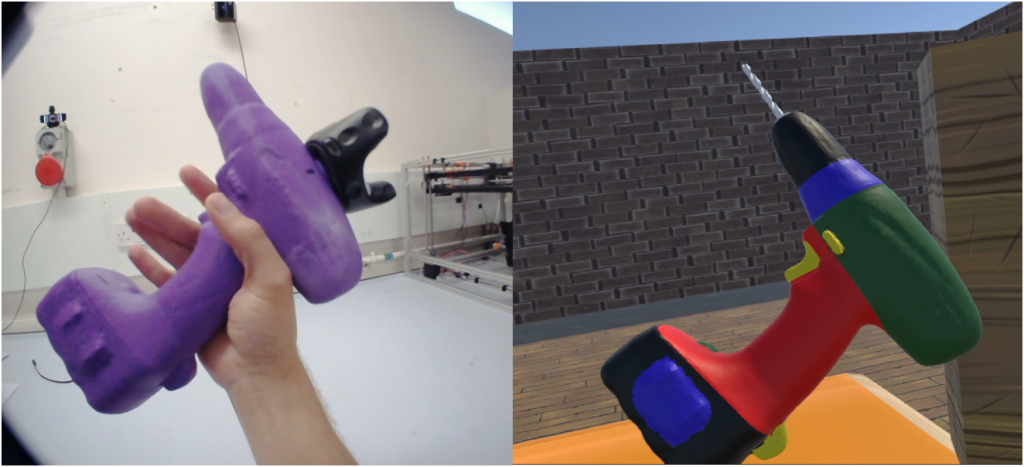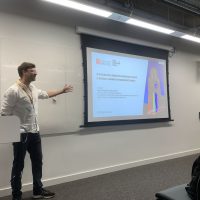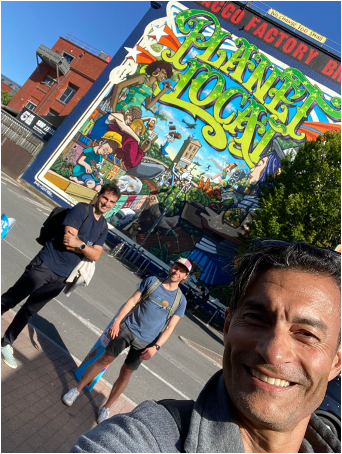The concept of the Digital Twin continues to receive a mixed reception when it is raised in...
The concept of the Digital Twin continues to receive a mixed reception when it is raised in...
The concept of the Digital Twin continues to receive a mixed reception when it is raised in...
The 30th International Conference on Computational and Experimental Engineering and Science...
Aman Kukreja, Christopher Cox and James Gopsill attend and present at the International Conference...
Design Spaces Workshop On Saturday, a workshop was held about design spaces, exploring what they are...
Earlier in July I was fortunate to go and visit Virginia Tech in the US at the invitation of...
Is Seeing Believing? Investigating the influence and interplay of physical and virtual traits on the...
James Gopsill presented his paper on Distributed Additive Manufacturing at TE2024...
From the 21st to the 24th June, I was very glad to host some of the co-investigators (Dr. Aleksandra...


